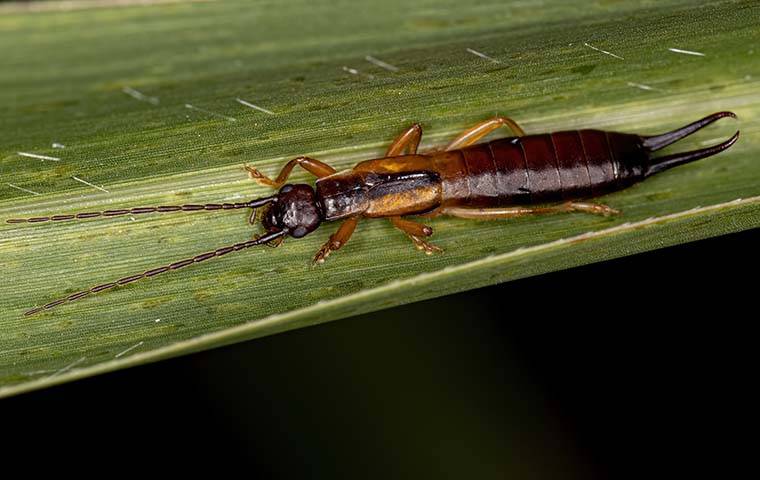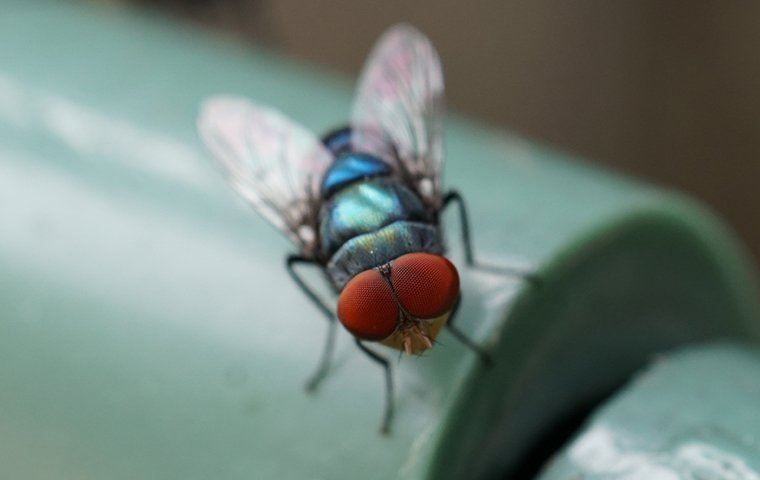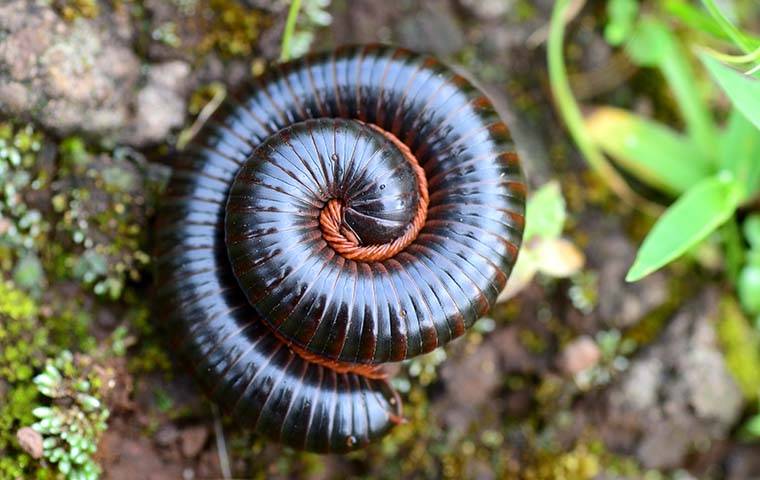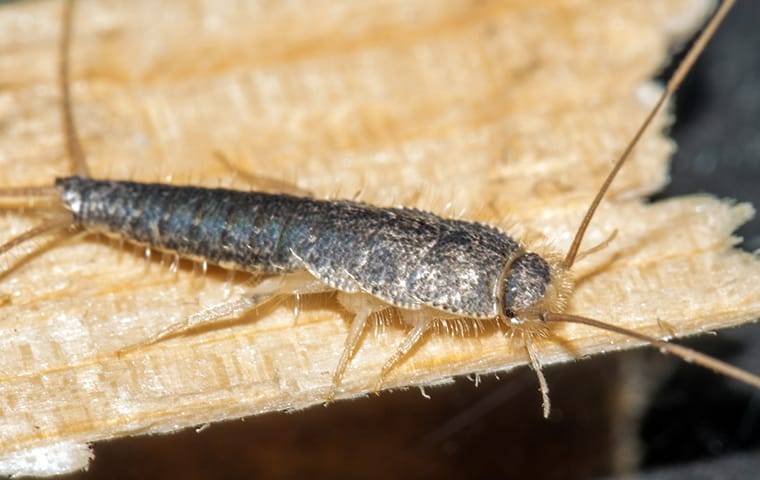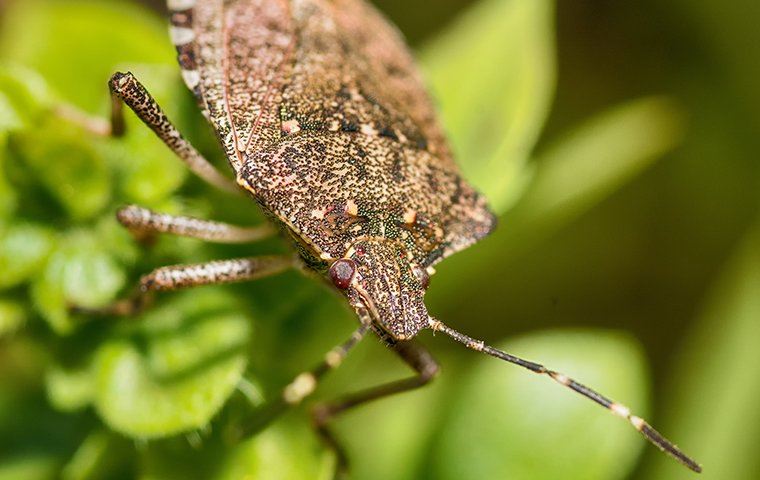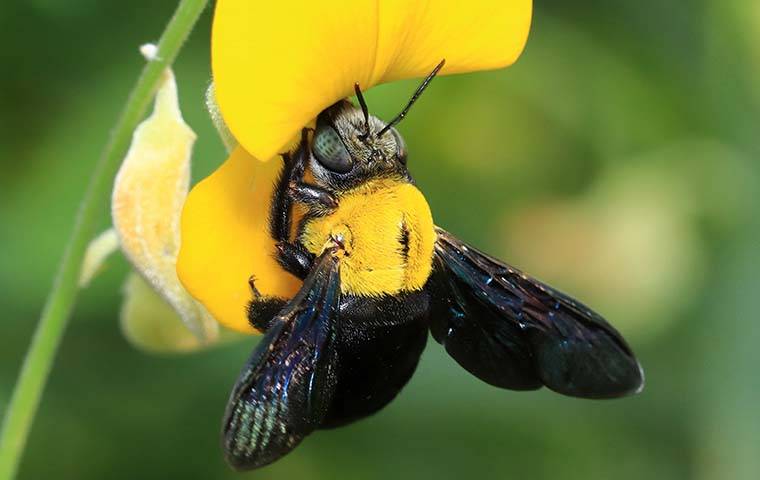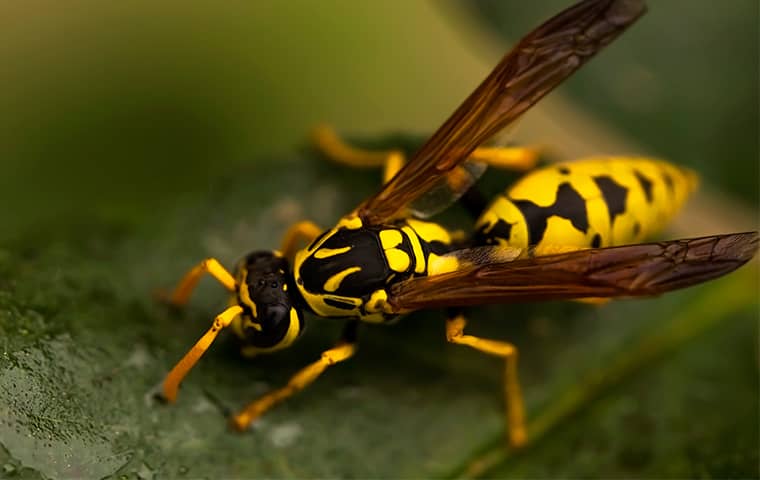
Resource Center
Same Day Service Offered
Schedule Online
Get started with Go-Forth Home Services today!
Resource Center
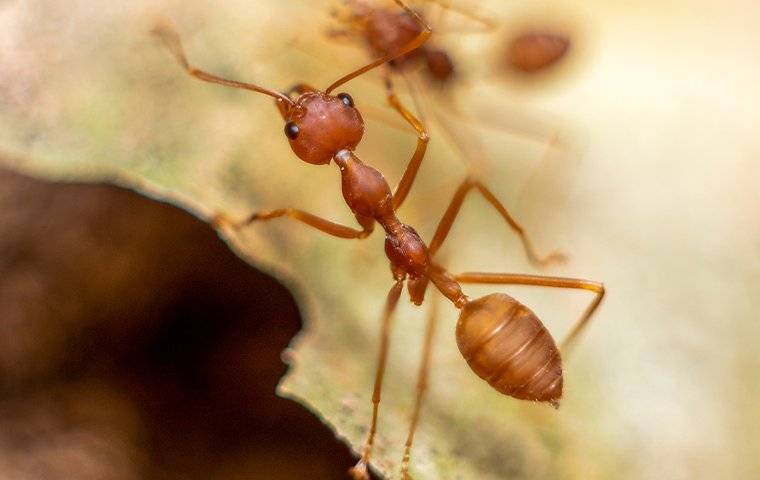
Ants
- The Problems Ants Cause In Richmond Homes
- How Dangerous Are Fire Ants In Greensboro?
- Charlotte Property Owners' Complete Guide To Effective Ant Control
- Columbia's Most Commonly Asked Fire Ant Questions, Answered!
- A Helpful Guide To Pavement Ant Control In Richmond
- Fire Ants In Charlotte Can Be Hard To Get Rid Of
- How To Tell If The Ants On Your Raleigh Property Are Dangerous
- What Charlotte Homeowners Need To Know About Fire Ant Control
- Are Little Black Ants In Richmond Dangerous?
- Why Do I Have Ants In My Columbia Home?
- Professional Ant Control Services Are A Necessity In Raleigh
- All Of The Problems Ants Can Create For Your Home In Richmond
- The Best Way To Keep The Ants In Columbia Away For Good
- Winning The Battle Against Ants: Expert Advice On Control In Greensboro
- The Ultimate Guide To Ant Control: Tips And Techniques For Charlotte Homeowners
- The Dos And Don'ts Of Ant Control: An Extensive Guide For Greensboro Homeowners
- How To Keep Ants Out Of Your Raleigh Home: Effective Control Techniques
- Ant Control Doesn't Have To Be A Headache In Greensboro
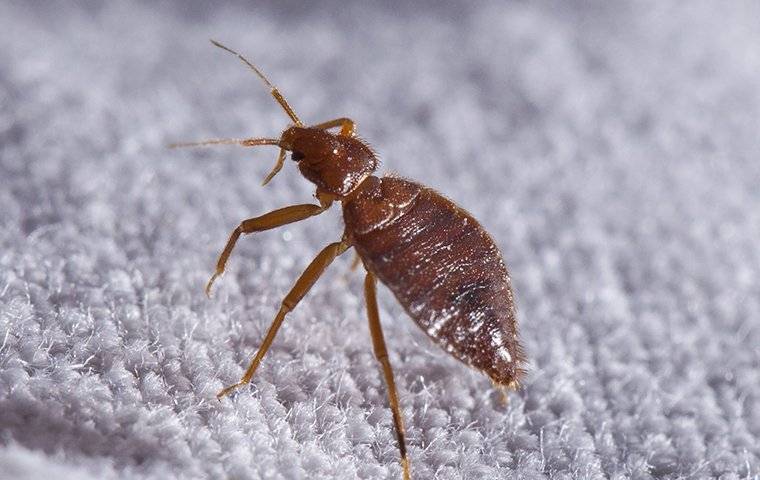
Bed Bugs
- Myths About The Bed Bugs In Raleigh
- Bed Bug Control In Charlotte: Everything You Should Know
- DIY Bed Bug Treatment VS Professional Treatment In Raleigh
- Five Signs Of Bed Bugs To Watch For Around Your Columbia Home
- The Best Way To Get Rid Of Bed Bugs In Your Raleigh Home
- How To Tell If It's Bed Bugs In Your Greensboro Home
- Is It Dangerous To Have Bed Bugs In My Charlotte Home?
- The Dangers Of Bed Bugs In Your Charlotte Home
- What Smells Do Bed Bugs In Raleigh Hate?
- How To Get Rid Of Bed Bugs In Your Richmond Home
- How To Keep From Bringing Bed Bugs Inside Your Greensboro Home
- Raleigh's Guide To Effective Bed Bug Control
- Commonly Asked Questions About The Bed Bugs In Charlotte
- Why DIY Bed Bug Control Is Hard To Execute
- Don't Let Bed Bug Infestations Get Worse With Time In Raleigh
- How To Stay Ahead Of The Bed Bugs In Richmond
- Professional Bed Bug Control In Columbia Is The Answer
- Don't Let The Bed Bugs Bite: The Effective Control Solution For Your Greensboro Home
- Bed Bugs In Greensboro: What Every Homeowner Ought To Know
- The Complete Guide To Safe And Effective Bed Bug Control In Greensboro
- The Ultimate Guide To Bed Bug Control: Tips And Techniques For Raleigh Homeowners
- Take The Headache Out Of Bed Bug Control In Charlotte
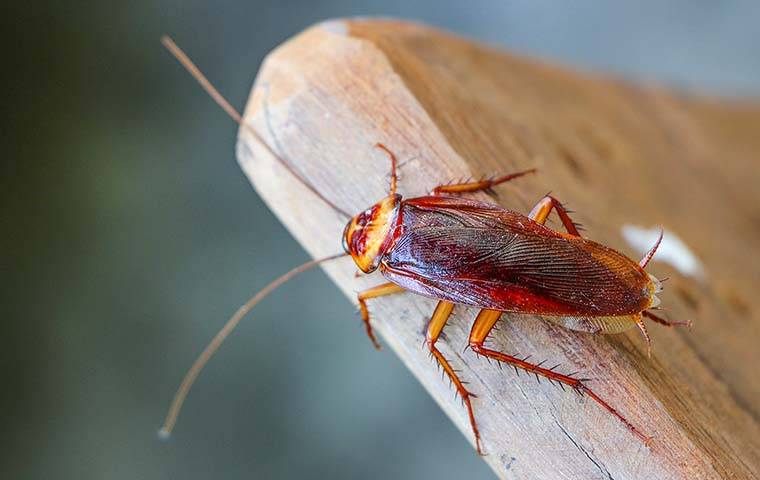
Cockroaches
- The Dangers Roaches Bring To Your Columbia Property
- Charlotte's Step-By-Step Guide To Cockroach Control
- Why Roaches In Raleigh Homes Are So Hard To Get Out
- How Cockroaches Can Be Harmful To Your Health
- How To Get Rid Of Roaches On Your Charlotte Property
- A Guide To American Cockroach Control For Greensboro Homeowners
- How To Get Rid Of German Cockroaches On Your Richmond Property
- Are The Brown-Banded Cockroaches In Richmond Dangerous
- What To Do About German Cockroaches Around Your Raleigh Property
- The Problem With German Cockroaches In Your Charlotte Home
- The Best Way To Get Rid Of A Cockroach Infestation In Your Greensboro Home
- What Every Charlotte Homeowner Should Know About Cockroach Control
- Charlotte's Guide To Effectively Getting Rid Of Roaches In The Home
- Are German Roaches In Richmond Dangerous To Humans?
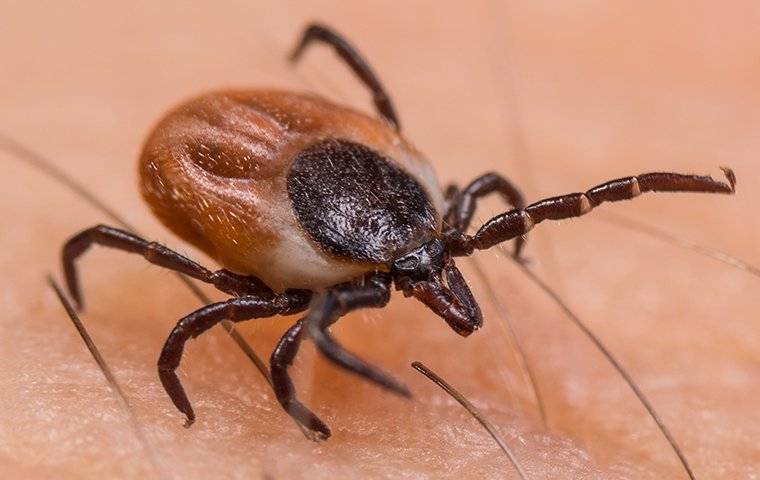
Fleas & Ticks
- The Trick To Keeping Fleas & Ticks Away From Your Richmond Property
- What Raleigh Property Owners Need To Know About Fleas & Ticks
- Is It Dangerous To Have Fleas In My Greensboro Home?
- The Trick To Keeping Ticks Away From Your Charlotte Yard
- All The Ways Fleas Get Into Greensboro Homes
- Why Are There Fleas In My Richmond Home?
- Protect Your Richmond Home From Fleas
- Effective Flea Control Solutions For Your Charlotte Home
- Eliminate Fleas For Good: Effective Control Methods For Homes In Columbia
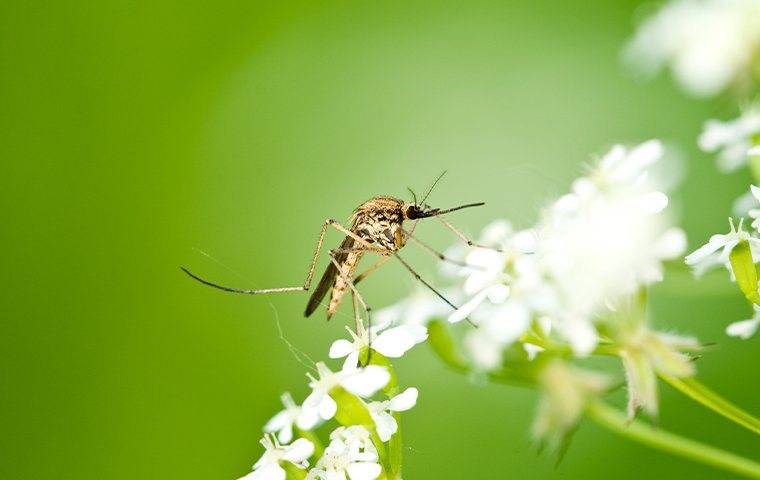
Mosquitoes
- The Dangers Of Mosquitoes In Greensboro
- Time To Be Thinking About Mosquito Protection For Your Greensboro Property
- Are You Struggling To Care For Mosquito Bites In Raleigh?
- A Guide To Mosquito Control In Raleigh
- Are Mosquitoes In Charlotte Hard To Get Rid Of?
- Mosquito Bites: What Everyone In Charlotte Ought To Know
- In The Line Of Bite: How To Protect Yourself From Mosquito Bites In Richmond
- Water Woes: Tackling Mosquito Breeding Grounds In Your Greensboro Yard
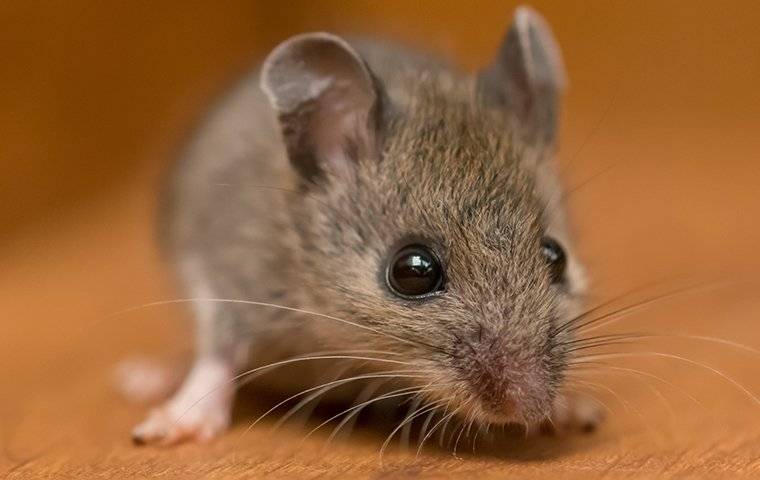
Rodents
- The Key To Effective Rodent Control In Richmond
- Greensboro's Complete Guide To Effective Roof Rat Control
- Why You Should Call The Pros About Rodents In Your Columbia Home
- Five Quick Tips To Keep Rodents Away From Your Charlotte Property
- The Best Thing To Do About Rodents In Your Raleigh Home
- Why It Is So Hard To Keep Rodents Out Of Your Greensboro Home
- How Much Do You Know About The Brown Rats In Charlotte?
- Why Do I Struggle to Keep Mice Out of My Greensboro Home?
- The Trick To Keeping Dangerous Rats Away From Your Greensboro Property
- Keeping Rodents Out Of Your Columbia Home
- Are You Struggling With A House Mouse Infestation?
- Keeping Rats Out Of Your Raleigh Home
- What It Takes To Get Rid Of A Mouse Infestation In Your Raleigh Home
- Help! I Have A Rat Infestation Inside My Columbia Home!
- Are You Dealing With A Rat Infestation Inside Your Richmond Residence?
- The Best Way To Get Rats Out Of Your Greensboro Residence
- Help! There Are Rats Taking Over My Raleigh Property!
- Complete Guide To Effective Rodent Control In Greensboro
- Rodent-Proofing Your Charlotte Home: Effective Prevention And Control Strategies
- Rodent Rundown: Keeping These Dangerous Pests Away From Your Raleigh Property
- The Most Effective Rodent Control Solution For Richmond Properties
- The Best Way To Protect Your Columbia Home From Dangerous Rodents
- Effective Rodent Control Solutions For Greensboro Homes: Tips And Techniques
- Professional Rodent Control Is A Must Have In Columbia
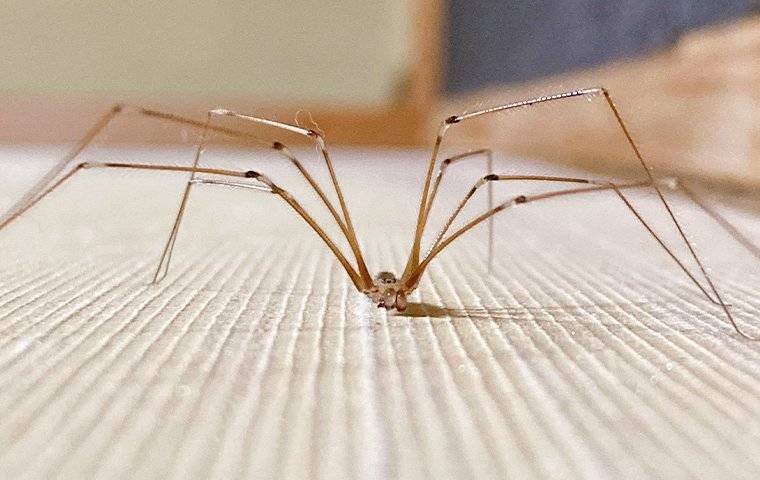
Spiders
- Is This Spider In My Raleigh Home Dangerous?
- Richmond Homeowners' Handy Spider Control Guide
- Greensboro's Step-By-Step Spider-Prevention Guide
- Tricks & Tips To Getting Spiders Away From Your Greensboro Home
- What You Ought To Know About Dangerous Spiders In Raleigh
- Are House Spiders In Greensboro Driving You Crazy?
- A Helpful Spider Prevention Guide For Charlotte Homeowners
- What To Do About Spider Infestations Inside Your Greensboro Home
- Essential Strategies For Eliminating Spiders In Your Columbia Home
- Spider-Free Zone: Expert Tips For Effective Spider Prevention For Raleigh Homes
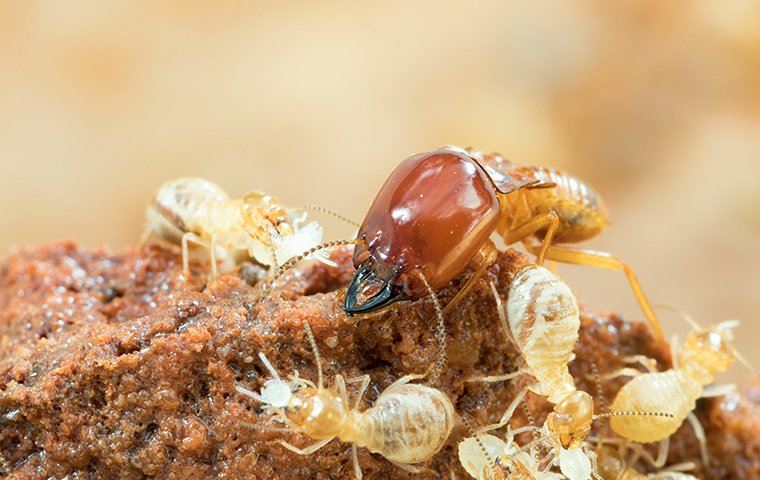
Termites
- Everything Columbia Homeowners Ought To Know About Subterranean Termites
- How To Spot A Termite Problem On Your Charlotte Property
- The Secret To Effective Termite Control For Raleigh Properties
- The Best Way To Get Rid Of Termites On Your Raleigh Property
- How To Deal With Greensboro Termites The Easy Way
- Are Termites In Charlotte Harmful To Humans?
- Help! I Think I Have A Serious Termite Infestation In Richmond
- Home Remedies For Termite Infestations In Charlotte
- Keep Termites Out Of Your Charlotte Home
- What Not To Do About Termites On Your Greensboro Property
- Tackling A Termite Control Problem In Greensboro
- What Kind Of Things Are Attracting Termites To Your Charlotte Home?
- Having A Hard Time Dealing With Termites On Your Charlotte Property?
- Let's Chat About Termites In Greensboro
- How To Get Rid Of Termites: A Comprehensive Guide For Richmond Homeowners
- Termite Control Done Right For Columbia Properties
- Termites Be Gone: Proven Techniques for Successful Termite Control In Raleigh
- What To Do If You Think Your Raleigh Home Has Termites
- Say Goodbye To Termites: The Ultimate Guide To Termite Control In Charlotte
- Raleigh's Guide To Termite Control
Customer Reviews
-
“He spent time educating us about "pests" and provided information regarding services with GoForth.”- Joyce C.
-
“Texted me before coming. Worked with me playing musical rooms with my dogs. I'll see how things are.”- Constance E.
-
“Amazing response time, reasonable prices, great customer service. Tevin was thorough and confident in his plan to fix our horrendous fire ant problem. We have had negative experiences with prior exterminators and probably waited way too long to call Go-For”- Ashley T.
-
“- Toya B.
We have been customers for almost 7 years for a reason. Our technician is the best. He always knows exactly how to address whatever pest has decided to bother us. We have referred them to many of our neighbors. Well worth the cost not to have to worry a
” -
“Answered all my questions and I felt their pricing was very reasonable.”- Deborah J.
-
“Brian went above and beyond what was expected, and I hope I get him again as my technician for future services!”- Tam L.
-
“He was thorough with inspecting and treating our home, which I really appreciate, and he took the time to answer my many questions.”- Jasmine B.
-
“Love the detailed summary and pics of what he did and saw! And did I mention how wonderful Olivia was to get us all set up?!!”- Beechy A.


Over the years, we’ve boiled down our mission to a core set of values:
-
Give A CrapDelight others by owning your role and saying yes. Take pride in how you appear & act & every other detail of the job. Be on time, attentive, & enthusiastic. Act as if the buck stops with you on every aspect of the job.
-
Chase PerfectionChase Perfection, knowing full well we will not reach it, but along the way we will catch excellence. Have a sense of urgency; Go-Forth Time - right now might be the only time you have to get it right.
-
Dig Deeper
Be an action-oriented professional that makes decisions based on evidence rather than stories & assumptions. Stay curious. Data can speak for itself.
Understand the cause of the fire rather than rushing to extinguish it.
-
Fight For SimplicityKeep it simple & consistent. Focus on how things should be done every time.
-
Face It, Fix ItConfront challenges directly and address issues head-on. A bias for action and powerful conversations drive our progress. It’s about getting it right rather than being right.
-
Grow!Growth is our purpose. Growing as people & growing our business.
